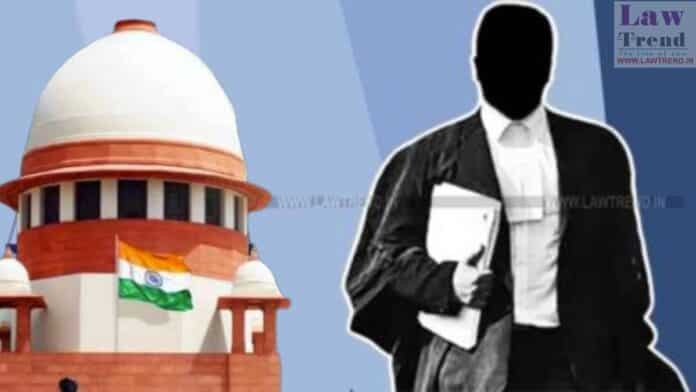The Supreme Court has unequivocally ruled that an advocate who merely attests to or identifies a deponent in an affidavit does not become responsible for the truthfulness of the statements contained within it. The bench of Justice Vikram Nath and Justice Sandeep Mehta held that such an act does not make the advocate a party
To Read More Please Subscribe to VIP Membership for Unlimited Access to All the Articles, Download Available Copies of Judgments/Order, Acess to Central/State Bare Acts, Advertisement Free Content, Access to More than 4000 Legal Drafts( Readymade Editable Formats of Suits, Petitions, Writs, Legal Notices, Divorce Petitions, 138 Notices, Bail Applications etc.) in Hindi and English.




